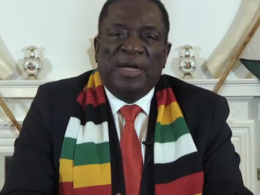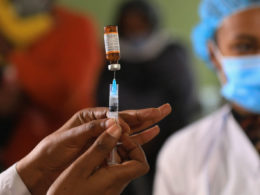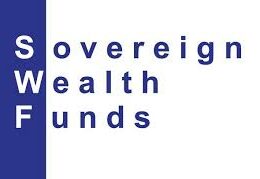With the Bulawayo City Council (BCC) set to roll out the Novel Oral Poliomyelitis (polio) NOPV2 vaccination campaign from the 20th to the 23rd of February 2024 at all Municipal clinics, central hospitals, primary schools, creches, marketplaces, bus terminals, house to house visit, here is what parents need to know about polio:
What is Polio?
Poliomyelitis (polio) is a highly infectious disease caused by poliovirus, a virus which only affects humans, mostly young children. The virus can cause lifelong paralysis or even death in a matter of hours. It usually spreads in communities where children are under-immunised.
How is it transmitted?
Polio is very contagious and spreads fast through person-to-person contact. The virus enters the body through the mouth and spreads through contact with the faeces of an infected person. You can get infected with poliovirus if you have faeces on your hands and you touch your mouth. Also, you can get infected if you put in your mouth objects or food that are contaminated with faeces. The virus can contaminate food and water in unsanitary conditions.
Why are children getting vaccinated?
Circulating poliovirus variants have been detected in Zimbabwe. There is a risk of further spread of the virus. Poliovirus is spreading because there are unimmunized children, which means they are not protected from poliovirus infection and it can easily attack them.
Polio can cause life-long paralysis and even death. There is no cure for polio, it can only be prevented through vaccination. Multiple doses of the vaccine will help to protect every child in our community against polio.
All target children should be vaccinated during every campaign, every time even if they have completed all their routine immunisation schedule. Vaccination is the only way to protect every child from getting polio.
How safe is the vaccine?
Vaccines have saved millions of children worldwide and are the best way to protect children from dangerous diseases. “Polio vaccines are safe, no matter which country they are produced in. Before licensure, vaccines undergo extensive testing and review for safety and efficacy”.
“All vaccines provided at the public health centres are effective. They follow the process of licensure and approvals through the World Health Organization (WHO). Vaccines do not include any prohibited particles, are and have been effective to save millions of children from polio.”
Who should be vaccinated?
All children identified by health authorities to be at the target age should be vaccinated, even if they are sick. Sick children must be immunised because their immunity levels are lower than those of other children and they need to be protected against polio virus.
To provide every child with life-long protection from polio, every child should complete all doses of routine immunisation and be vaccinated during every round of the polio campaign.
Every additional dose during the National or Subnational immunization days (NID/SNID) means the children gets additional protection against polio.
This information was gathered from the Ministry of Health and Child Care and its partners in the national polio vaccine campaign.








